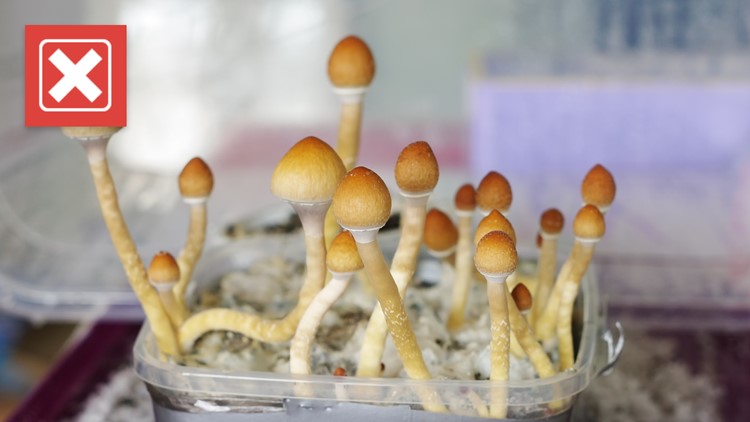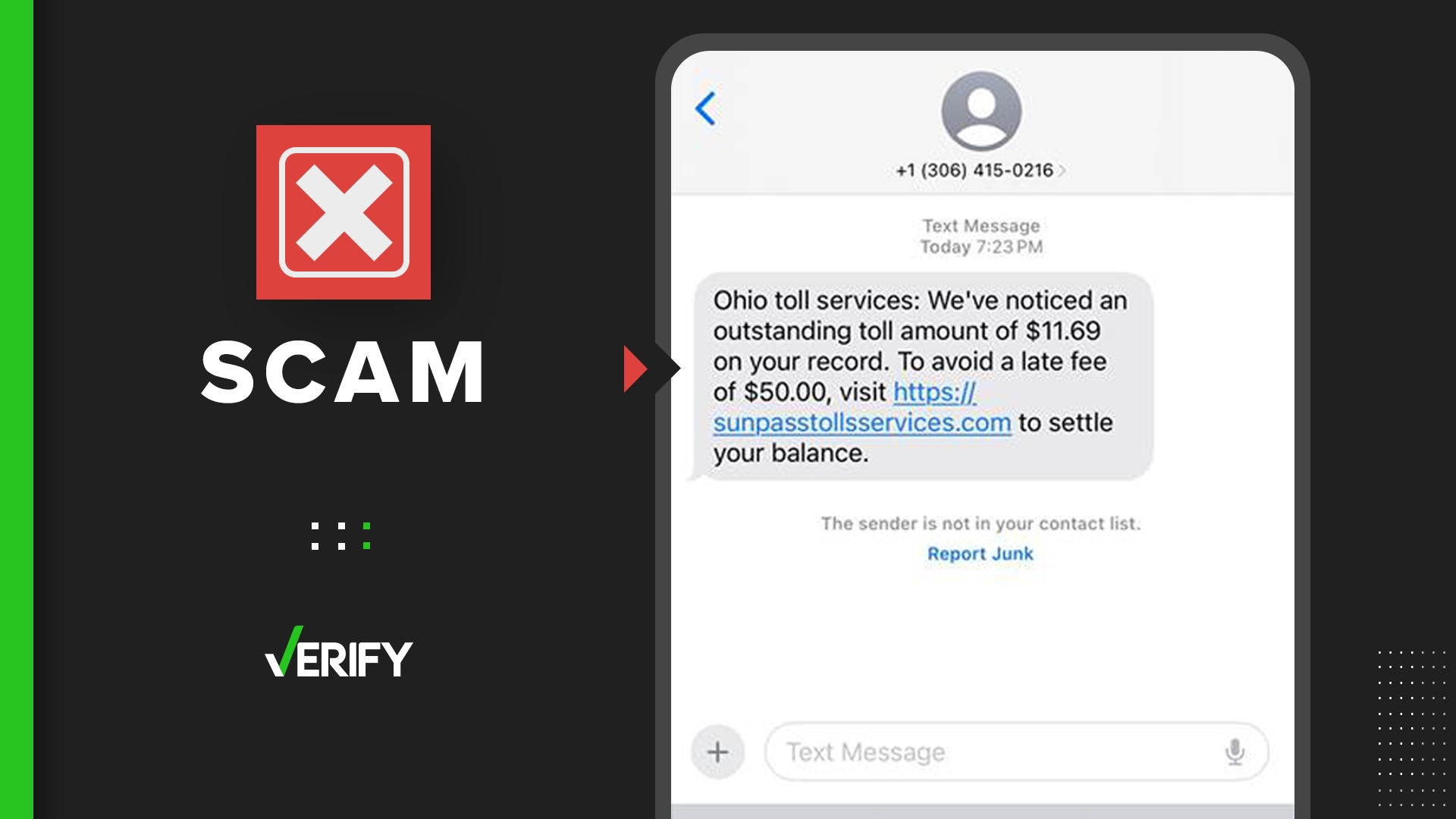PORTLAND, Ore. — A KGW viewer recently left a message asking about a Portland store that appeared to be selling spores for growing mushrooms that contain the psychoactive substance psilocybin, sometimes called “magic mushrooms.”
Psilocybin is illegal at the federal level, but Oregon voters took two big steps to change the state’s approach to the drug in 2020. Measure 109 legalized psilocybin for limited therapeutic use, and Measure 110 decriminalized simple possession of hard drugs including psilocybin.
It’s a radical shift, but it’s still a far cry from total legalization. When a Portland store called Shroom House decided to push the envelope and start directly selling magic mushrooms to customers late last year, it didn’t take long for the hammer to come down.
This other store is careful to say it only sells spores and not fully grown mushrooms, according to the viewer, who reached out to KGW to ask if that’s a meaningful distinction, or if the new store is just another Shroom House tempting fate.
THE QUESTION
Do uncultivated mushroom spores contain psilocybin?
THE SOURCES
THE ANSWER
No, spores alone do not contain psilocybin, and there’s a long history of buyers exploiting that loophole.
WHAT WE FOUND
According to an Oregon Health Authority spokesperson, spores do not contain detectable psilocybin until they begin producing mycelium as part of their growth process.
It’s a well-known loophole exploited by underground growers, as documented in many media stories, and a quick Google search produces a long list of online spore shops that cite this technicality.
The loophole isn’t absolute; a few states such as Idaho and California explicitly ban the sale and import of psilocybin-producing mushroom spores, and most online spore-selling sites say they won’t ship orders to those states. Oregon appears to be one of the majority of states where spores are a legal gray area.
As the OHA spokesperson explained, state law puts the agency in charge of regulating "psilocybin products," defined as psilocybin-producing fungi or substances containing detectable psilocybin. Spores do not fall under that definition.
A Portland Police Bureau spokesperson said the agency has never arrested someone solely for buying spores, but when asked more hypothetical questions about the legality of buying or cultivating spores in light of Measure 110, they declined to answer.
“Measure 110’s legal implications are not fully understood, and are virtually untested in court, let alone the appeals process. A lot of clarity is made through case law. Because we are not lawyers, we are not willing to discuss hypothetical enforcement scenarios,” the PPB spokesman wrote, adding “I will say that, like the Shroom House scenario, anyone violating the law as written is risking arrest and prosecution.”
Speaking of cultivation, that's another thing worth clarifying: cultivating spores for psilocybin-producing mushrooms is still quite definitely illegal, both at the federal level and in Oregon.
Measure 109 includes a carve-out for legal production of one species, Psilocybe Cubensis, but only at state-licensed facilities. Measure 110 decriminalizes possession of small amounts of hard drugs — fewer than 12 grams, in the case of psilocybin — reducing them from misdemeanor or felony crimes to Class E violations that carry $100 fines but no jail time. However, the text of the measure makes it clear that unlicensed manufacturing or sale is still a felony.
Got a question or a story about Portland or Oregon that you'd like us to VERIFY? Drop us a line at verify@kgw.com.



